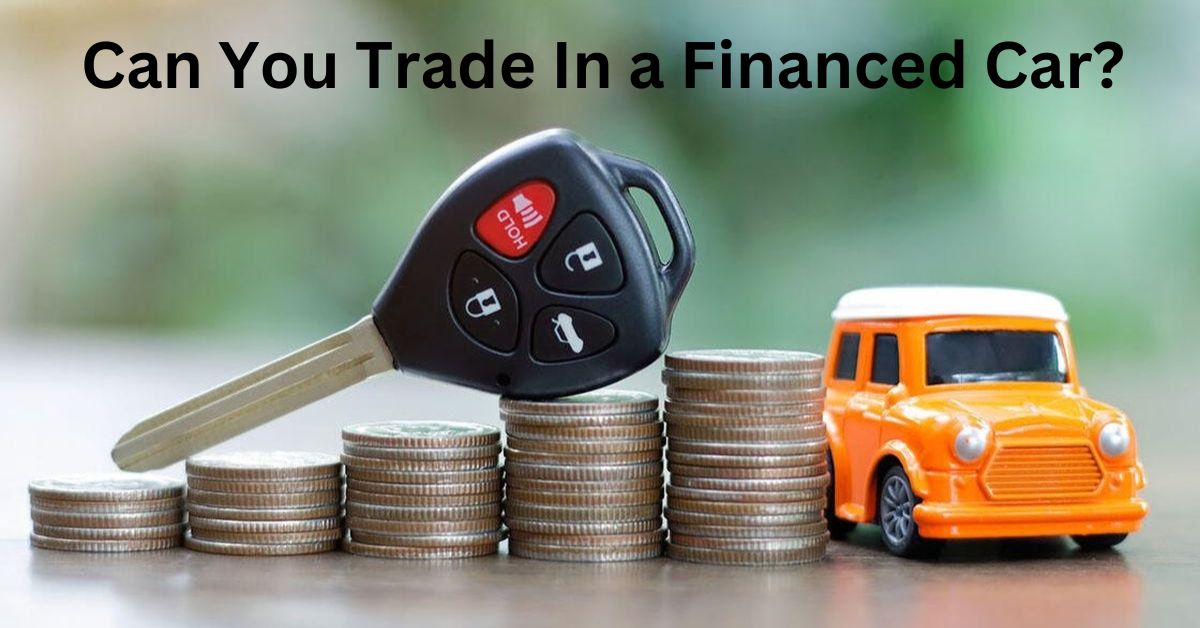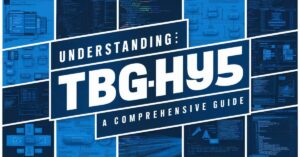Picture this: You’re cruising down the highway in your trusty sedan, but that shiny new SUV in the dealership window keeps catching your eye. There’s just one tiny hiccup – you’re still making payments on your current ride. Sound familiar? You’re not alone. Many car owners wonder, “Can you trade in a financed car?” The short answer is yes, but there’s more to the story. Let’s dive into the nitty-gritty of trading in a car you’re still paying off. Can You Trade In a Financed Car?

How Does Trading In a Financed Car Work?
Trading in a financed car isn’t as complicated as you might think, but it does require a bit of financial savvy. Here’s the lowdown on how it all shakes out:
- Determine your car’s value: First things first, you need to know what your car is worth. Websites like Kelley Blue Book or NADA Guides can give you a ballpark figure. But remember, the dealership’s offer might differ.
- Check your loan balance: Log into your lender’s website or give them a call to find out exactly how much you still owe on your car.
- Do the math: Subtract your loan balance from your car’s value. If the result is positive, congrats! You have equity in your car. If it’s negative, you’re “underwater” on your loan.
- Visit the dealership: When you’re ready to trade in, the dealer will assess your car and make an offer.
- Negotiate the deal: If you’re happy with the offer, great! If not, don’t be afraid to negotiate or shop around.
- Close the deal: The dealer will pay off your existing loan and apply any equity towards your new purchase.
| “Trading in a financed car is like solving a puzzle. Once you understand all the pieces, it’s not as daunting as it seems.” – John Smith, Automotive Finance Expert |
What Does “Rolling Over” A Lawn Mean?
Now, let’s talk about a term you might hear during this process: “rolling over” a loan. This happens when you owe more on your current car than it’s worth (negative equity), and you add that remaining balance to your new car loan.
For example, let’s say you owe $15,000 on your current car, but it’s only worth $12,000. That leaves you with $3,000 in negative equity.
If you decide to roll over this amount into a new $20,000 car loan, you’d borrow $23,000.
Caution: While rolling over a loan can help you get into a new car, it can also lead to a cycle of debt. You’ll be starting your new loan with more debt than your new car is worth, which could put you in a tough spot down the road. Can You Trade In a Financed Car?
Pros and Cons of Trading In a Financed Car
Like any financial decision, trading in a financed car has its upsides and downsides. Let’s break it down:
Pros:
Convenience: One-stop shopping – trade in your old car and drive away in a new one all in one day.
Tax benefits: In many states, you only pay sales tax on the difference between your trade-in value and the new car’s price.
Simplicity: Easier than selling your car privately and dealing with potential buyers.
Cons:
Lower value: You might get less for your trade-in than if you sold it privately.
Negative equity risk: If you’re underwater on your loan, you could end up with an even larger debt.
Limited negotiation: You’re dealing with one party for both transactions, which could limit your bargaining power. Can You Trade In a Financed Car?
Trade-In Your Car at Oak Loan Toyota
At Oak Lawn Toyota, we understand that trading in a financed car can feel overwhelming. That’s why we’ve streamlined our system to make it as clean as possible. Our team of experts will guide you through each step, ensuring you understand your options and feel confident in your decision.
We offer:
Fair market value assessments: We use up-to-date market data to ensure you get a competitive offer for your trade-in.
Transparent negotiations: No hidden fees or surprise charges – we believe in open, honest communication.
Flexible financing options: Our relationships with multiple lenders mean we can often find solutions even for tricky financial situations.
More From Oak Lawn Toyota
Looking for more information? Check out these resources:
- Our current inventory
- Financing options
- Trade-in value calculator
FAQs
Ans: Yes, but you’ll need to pay off the difference or roll it into your new loan.
Ans: Subtract your loan balance from your car’s current value. If the result is fine, you’ve got fairness. If it’s negative, you’re underwater.
Ans: The trade-in itself won’t affect your credit. However, applying for a new loan will result in a hard inquiry on your credit report.
Ans: Absolutely! This can be a smart move if you’re looking to reduce your monthly payments.
Ans: Technically, you can trade in your car at any time. However, it’s usually best to wait until you have equity in the vehicle to avoid rolling over a large amount of debt.











